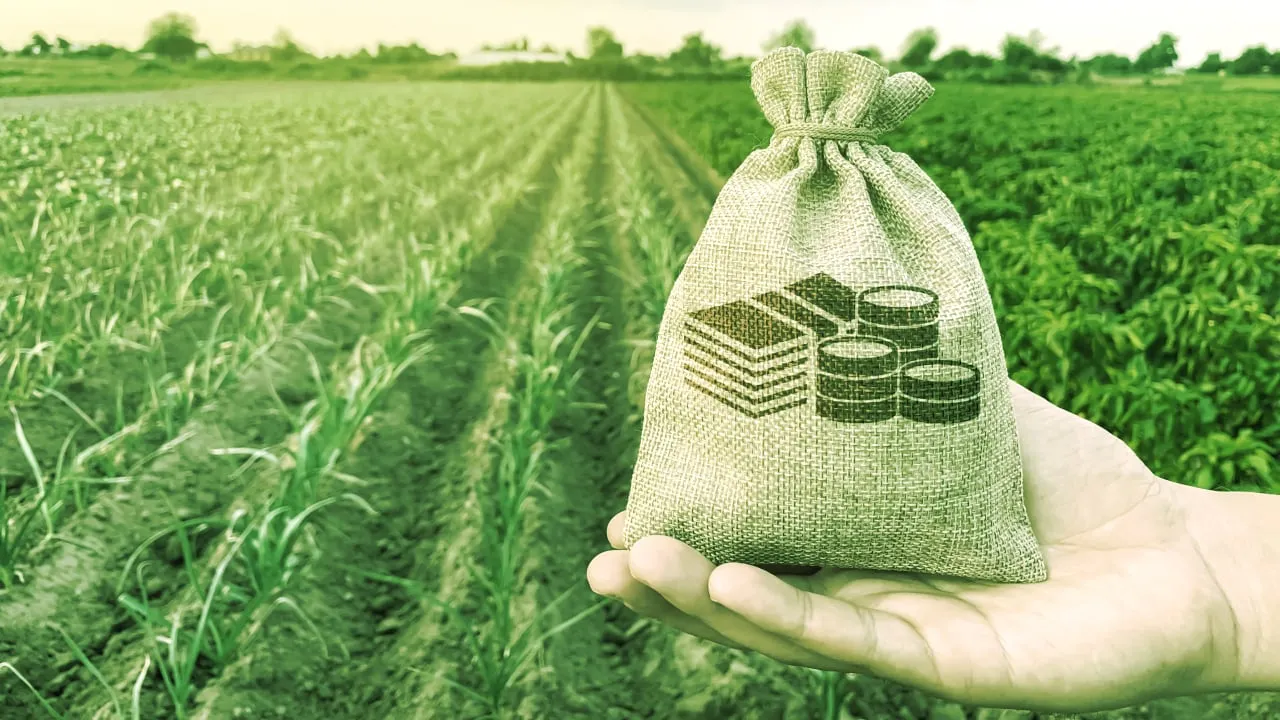We do the research, you get the alpha!

If you’ve been in DeFi for a while, you already know about yield farming and the Curve Wars.
But what about utility farming?
A new project called Fluidity claims to be ushering in a new era for handing out crypto coins for different projects. This time, it wants to reward active users—not just mercenary farmers.
Previously, whales would simply deposit their massive holdings into a new protocol, harvest its token launch, withdraw that liquidity, and then dump those tokens (otherwise called yield farming).
Fluidity wants to change this model and pay people for actually using a protocol (rather than just farming it). Here’s how it works.
Users first deposit a stablecoin (i.e. USDT, USDC, DAI, etc) into the Fluidity protocol and get a Fluidity-wrapped token (for the sake of this story, we'll call this asset an fToken, like fUSDT or fUSDC, for example). The original stablecoin is then deposited into a yield-earning protocol like Aave or Compound.
The new fToken operates like any other stablecoin. You can use it to buy NFTs, make simple transfers, or join liquidity pools. The added bonus that comes with these fTokens—and what makes them so unique—is that the more you use it, the higher the chances that you will win a payout.
Remember those funds that were deposited into Aave and Compound? That becomes a sort of lottery jackpot in this arrangement.
The payout you get varies "based on total value locked, daily active users, and gas fee of the specific transaction,” Fluidity co-founder and CEO Shahmeer Chaudhry told Decrypt. “About half of transactions win something, whereas, on average, once every three months, someone will win a very large payout.”
And rather than a separate protocol, Chaudry said people should think of Fluidity as a tool for crypto projects to get their native token into the hands of real users. He explained that eventually “protocols can program the behaviour to their specific needs, like controlling the trigger for a payout.”
But what about crafty degens who try to boost their odds by wash trading fTokens back and forth between their wallets?
Chaudhry explained that the gas fees to execute such spamming would “statistically” outweigh the potential payout. “There will be cases where if you win a large amount, you will get way more than input costs, but statistically an attacker will go bankrupt,” he said. He and the Fluidity team call this the “optimistic solution.”
This is because, “the algorithm also rebalances the yield distribution accounting for this, so if transactions spike up, probability of payouts go down, like a difficulty function,” meaning those lottery odds drop as usage rises.
It’s still early days for Fluidity, of course. But solving this problem is top of mind for just about every DeFi project and DAO in the game.
After all, who wants a mercenary farmer when you could have agrarian revolutionaries?
Decrypting DeFi is our DeFi newsletter, led by this essay. Subscribers to our emails get to read the essay before it goes on the site. Subscribe here.





